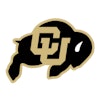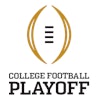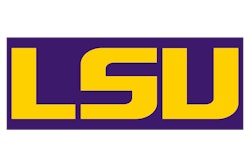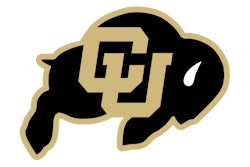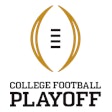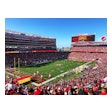Copyright 2017 Worcester Telegram & Gazette, Inc.
All Rights Reserved
Telegram & Gazette (Massachusetts)
FORT MYERS, Fla. - Little by little, big data is coming to baseball at the minor league level.
As much as ever, however, the extent to which minor league players develop will depend on the way coaches interpret and impart the information at their fingertips.
"You have more information coming in, both from the data perspective and from a scouting and evaluation standpoint," Red Sox farm director Ben Crockett said. "It gives you a better starting point with how to help players improve."
"You'd better know what to look for," Triple A Pawtucket manager Kevin Boles said. "It's one thing to have the information. If you don't know what you're looking at or what to key on - and how to match it with the individual - it doesn't matter."
Player development takes on increased importance at a time when the Red Sox have decimated their farm system with trades for Chris Sale, Craig Kimbrel and other complementary parts. They've dealt away many of the young players who might have sailed through the minor leagues on talent alone.
The quest of Crockett and his minor league coaches now is to cultivate what is left, to develop youngsters who don't show up on prospect lists into big league regulars.
To hit or miss with a prospect, after all, is to swing the balance sheet by enormous sums of money.
Had Will Middlebrooks or Garin Cecchini panned out at third base, for example, the Red Sox might never have given Pablo Sandoval $95 million.
Had Henry Owens or Anthony Ranaudo panned out as starting pitchers, the Red Sox might not have given David Price $217 million or traded Anderson Espinoza for Drew Pomeranz. Had Jackie Bradley Jr. established himself a year or two earlier than he did, the $72.5 million Rusney Castillo disaster might have been avoided.
On the flip side, it was the development of youngsters Travis Shaw and Mauricio Dubon from lightly regarded prospects into legitimate assets that allowed the Red Sox to trade for Tyler Thornburg rather than paying market value for a free-agent reliever.
The development of Rafael Devers or Jason Groome, two of the best prospects left in the Boston system, could have the same cost or savings. So too could the emergence of a young player who might be considered a more fringy talent.
Like the other 29 teams, the Red Sox now are working to determine how best to use the reservoir of data now at their disposal.
Pitch-tracking technology has been part of minor league evaluation for years. His spin rate is what separated soft-tossing lefty Robby Scott from his peers, for example.
Analysts at the recent Sloan Sports Analytics Conference in Boston forecast that it won't be long until Statcast-type systems show up in minor league stadiums as well. Only cost stands in the way.
"It may not be next year or in five years, but eventually we'll see player-tracking technology become affordable enough where it's down in the minors," said Harry Pavlidis, the founder of Pitch Info.
But while Crockett and Boles might discuss spin rate about pitchers - and soon might discuss launch angle for hitters - it's still rare that they discuss such concepts with players. The youth of the players with whom they're working leads minor-league coaches to simplify their terminology as much as they can.
Even minor league coaches don't actually see PitchF/x data all that much.
"I could say 'launch angle' to one player, and they'd be just fine with it," Boles said. "Then you say 'launch angle' to another player, and they're screwing themselves into the ground with a max-effort swing."
What minor league coaches want to do is utilize the information available to help players optimize strengths and address weaknesses.
"You have to be careful with the terminology you use with players," Boles added. "We have to deal with the human element. We are on the field with these guys. If you start using big terminology, there are some guys who can handle it, but there are other guys where you have to watch it a little bit. Keeping it simple is not a bad thing."
Read More of Today's AB Headlines
Subscribe to Our Daily E-Newsletter
Terms and Conditions Privacy Policy










